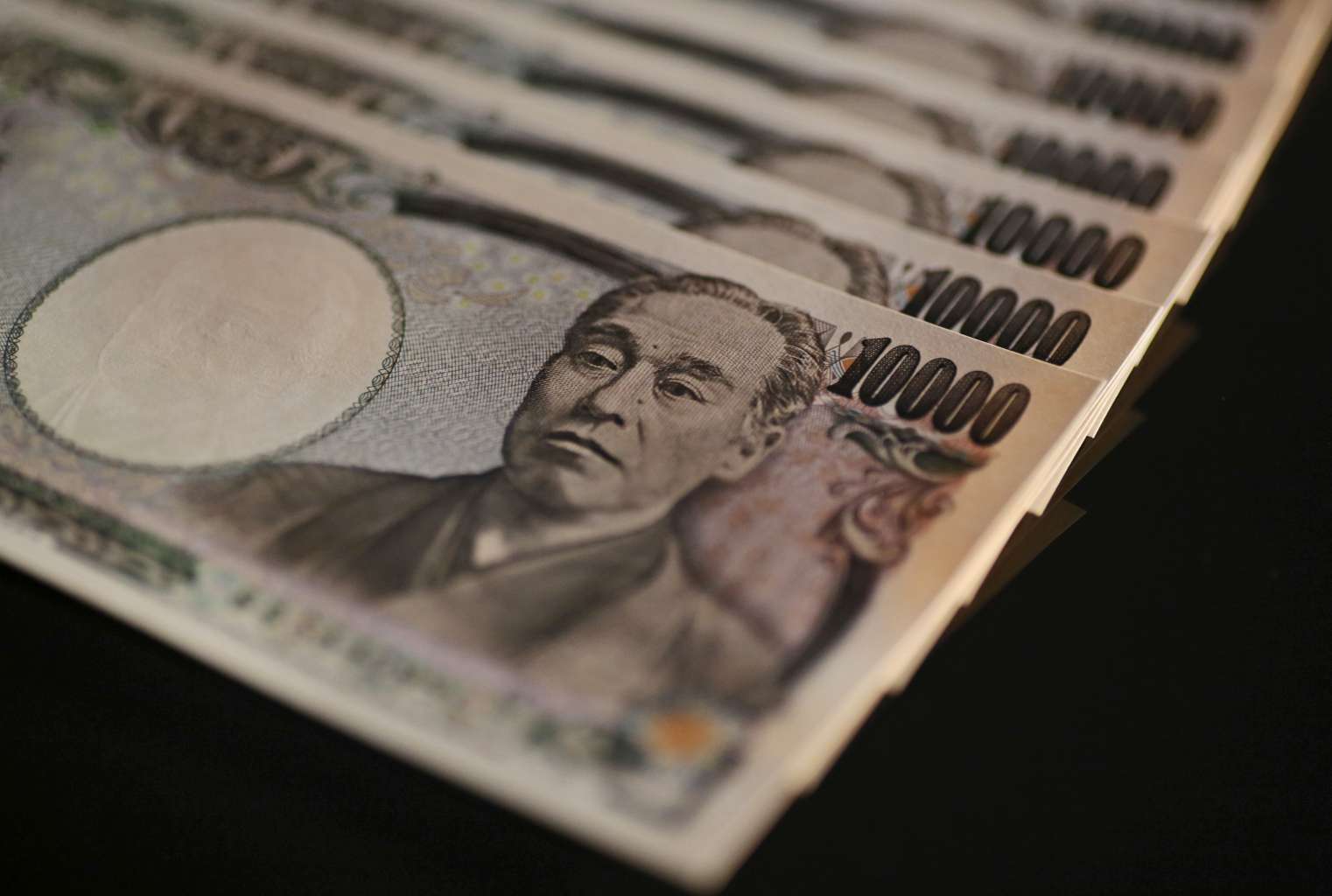Five things to know about Bank of Japan's negative interest rates
Sign up now: Get ST's newsletters delivered to your inbox

Japanese 10,000 yen banknotes.
PHOTO: BLOOMBERG
Rupali Karekar
Follow topic:
The Bank of Japan pushed interest rates below zero on Friday, after years of keeping them at the lower end of the positive range. Here's a look at what this means and how it is expected to favour the Japanese economy:
What are bank interest rates?
Bank interest rate is the amount charge by a country's central bank to retail banks depositing money with it. It is a policy tool used to regulate money supply in the economy.
When a central bank wishes to decrease liquidity in the open market, it increases rate of interest which gives retail bankers more reason to deposit their cash with the central bank.
On the other hand, lowering their interest rates mean retail banks are less inclined to leave their money in the bank, but likely to spend and invest. This theoretically boosts economic activity and eventually pushes up prices.
What are negative interest rates?
Negative interest rate is a policy when retail banks don't get paid an interest for parking their money with the central bank. Instead they are charged themselves and have to pay the central bank for depositing the money.
This is also a policy tool used by a central bank to spur lending by retail banks to the open market.
What is BoJ negative interest rate?
The BoJ introduced -0.1 per cent interest rate at the end of their two-day policy meeting on Friday.By penalising the banks for hoarding their cash, the BoJ is giving them the incentive to loan the money out, thereby pumping more cash into the economy and, hopefully, boosting economic activity. This may rise prices and help the country achieve its target of 2 per cent inflation.
The change will take effect on Feb 16.
Why did it come into force?
The BoJ had already kept its key interest rate at near zero per cent as part of the country's easy money policy - a key weapon in Prime Minister Shinzo Abe's "Abenomics" economic revival programme. With no further cuts possible, the only other way was to charge retail banks for depositing money, which works more or less in the same way as decreasing interest rates.
What does the BoJ expect to achieve in the long run?
Japan expects economic activity to grow and its inflation target of 2 per cent achieved. The country has suffered from years of deflation and Tokyo's efforts to pump up the economy have had limited results so far.While falling prices, or deflation, might appear to be good for consumers, if they become entrenched buyers could delay purchases in the hope of even lower prices later. That, in turn, prompts companies to hold off investment. Deflation is a trap that is very difficult to get out of, as demonstrated by the case of the Japanese economy, which has fought it off and on for two decades.
SOURCE: AFP, INVESTOPEDIA

